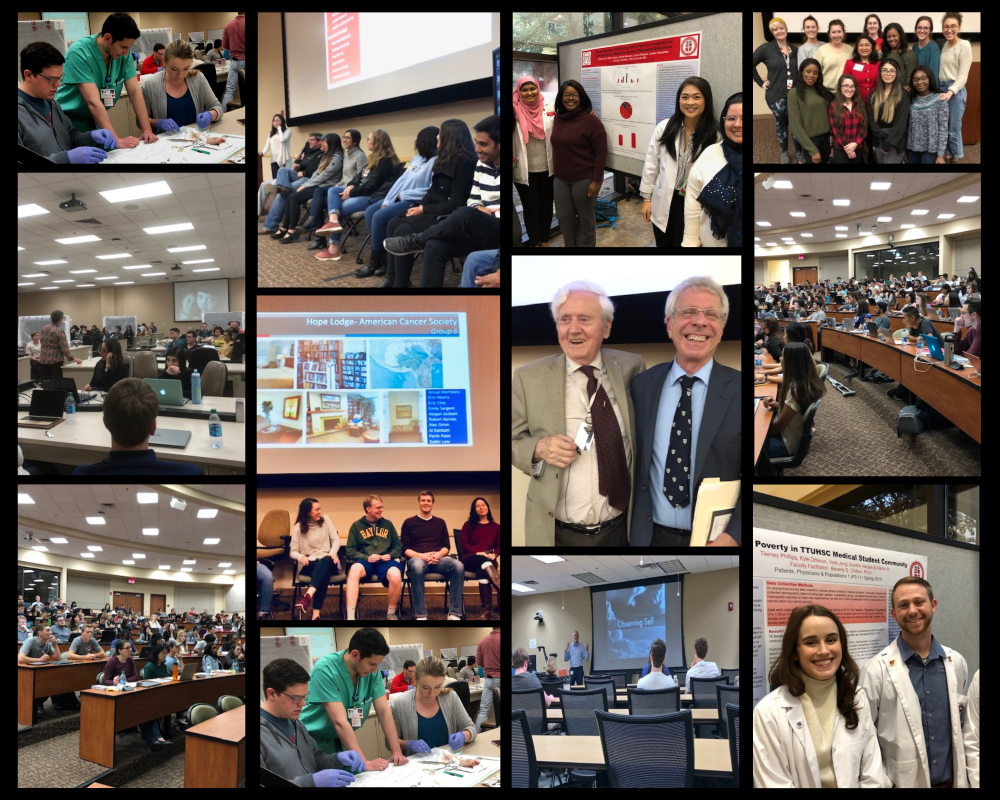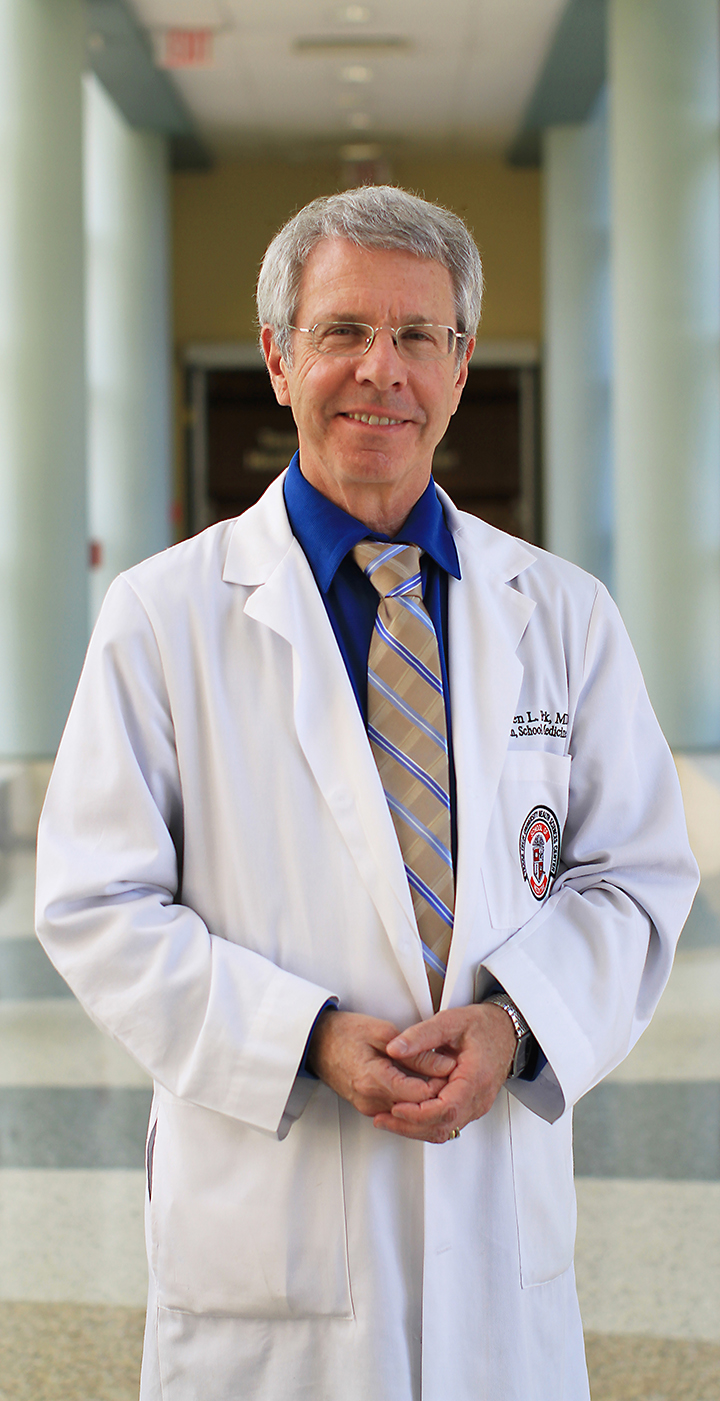Graduation Questionnaire (GQ)
Overview


The 2023 GQ will launch February 14th to U.S. MDs expected to graduate between July 1, 2022 and June 30, 2023.
The Medical School Graduation Questionnaire (GQ) is a national questionnaire administered by the Association of American Medical Colleges (AAMC).
The GQ was first administered in 1978 and is an important tool for medical schools to use in program evaluation and to improve the medical student experience. The GQ includes questions related to:
- Pre-clinical, clinical, and elective experiences
- General medical education and readiness for residency
- Student services
- Experiences of negative behaviors
- Financial aid and indebtedness
- Career intentions
- Strengths of the medical school and areas that need improvement
The GQ has been approved by the American Institutes for Research Institutional Review Board and endorsed by the chair of the AAMC Organization of Student Representatives.
Participation in the GQ is voluntary and no student will suffer consequences should they choose not to participate.
(The above language is taken from the AAMC GQ webpage / information. Please see for additional AAMC FAQ below!)
In the past we have used your class’ feedback to inform our continuous quality improvement (CQI) processes of the SOM curriculum. Feedback we have most frequently used in the CQI process includes block and clerkship surveys based on the timeliness of their collection. Please refer to the You said – We did section below.
Frequenty Asked Questions
In the time since you matriculated into the School of Medicine, we have invited you on many occasions to provide your feedback for individual instructors, courses, and clerkships through surveys, student focus groups, and town halls. Your input has been an important contributor to the continuous evolution and quality improvement of our educational program. The Graduation Questionnaire (GQ) represents a final avenue to gather your insights about our educational program. The GQ is administered to graduating students at all medical schools across the US; thus, it represents an important opportunity to compare not only the responses of TTUHSC SOM graduates between different years, but also to benchmark the TTUHSC educational program to all other medical schools.
Ideally, we would like for all graduates to provide constructive responses to the survey so that your responses collectively represent the Class of 2023 opinion. Our target is to attain a completion rate of 80% or higher.
Thank you all for taking 30-45 minutes to complete the survey!

On February 14 a unique link to the GQ will be sent from GQ@aamc.org to the email address that the AAMC has on file from your school's registrar. You do not need to sign in or have your AAMC ID -- all you need is the email from the AAMC containing your unique link. Each link is private and individualized, so do not ask another student for their link, and do not forward your link to anyone else. If you cannot find the AAMC email with your link (check your junk or spam folder first), send an email to GQ@aamc.org and they will get it to you.
It will take 30-45 minutes to fill out this survey. We know that this is a considerable amount of time you may not have in one sitting. It is possible to come back to the survey and add to it using your unique link.
The GQ survey is open until the end of the first week of June. We would much appreciate if you could fill it out by graduation week.
| You Said | We Did |
| Clinically Oriented Anatomy: Reduce the number of dissections and increase prosections. | Students now dissect in every other lab and more prosections are used. |
| Major Organ Systems, System Disorders and other blocks: Mostly in year 2 student focus group discussions indicated that students realized in year 2 during System Disorders why all the basic concepts in year 1 MOS were important. | After the anatomy and general principles block we now switch to interdisciplinary organ systems blocks, covering biochemistry, physiology, pathophysiology, and pharmacology within one section each for each organ system. |
| General Principles and Infectious Disease: Provide more practice questions and more CICR and similar sessions. | Throughout the curriculum there are now more Q&A sessions, more problem solving sessions, and we are using the UWorld Learning Platform for additional practice. |
| Integrated Neurosciences: Level of details taught and reflected in in-house exam questions did not match NBME. | Neuroscience and Behavioral Science are now in the Organ Systems 4 block. The content was entirely restructured to match the shorter time period and to improve alignment with board exam questions. |
Please use the following qualtrics survey link for an opportunity to provide anonymous and constructive comments and suggestions directly to the Continuous Quality Improvement team.
https://tthsclubbock.co1.qualtrics.com/jfe/form/SV_0vPQ9uPUUM8xhiu
